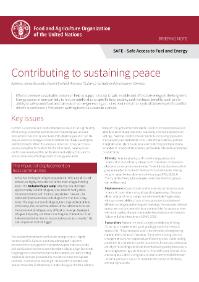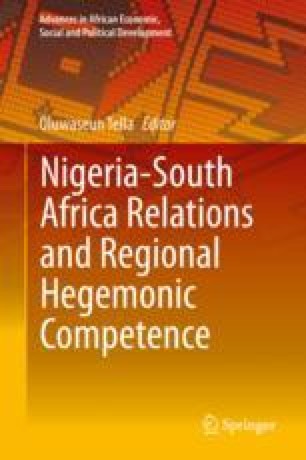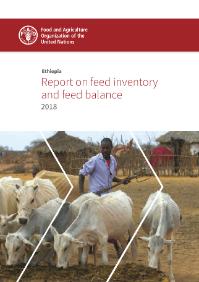Safe Access to Fuel and Energy Briefing Note: Contributing to sustaining peace
Efforts to ensure sustainable peace can help to support access to safe, reliable and affordable energy in the long term. Energy access in turn can help to reduce conflict due to specific food security and livelihood benefits, such as the ability to safely cook food and carry out income-generating activities. An in-depth analysis of context-specific conflict drivers is a necessary first step in working towards sustainable peace.







